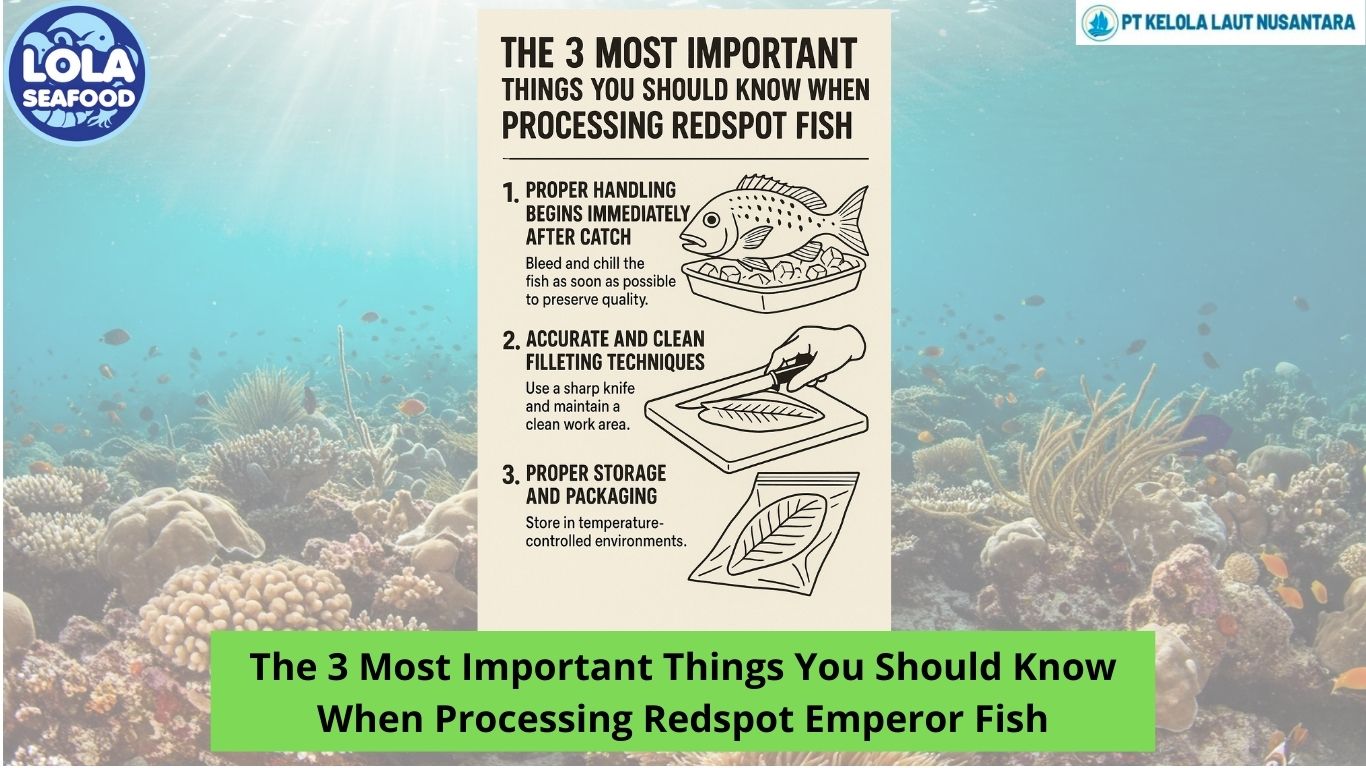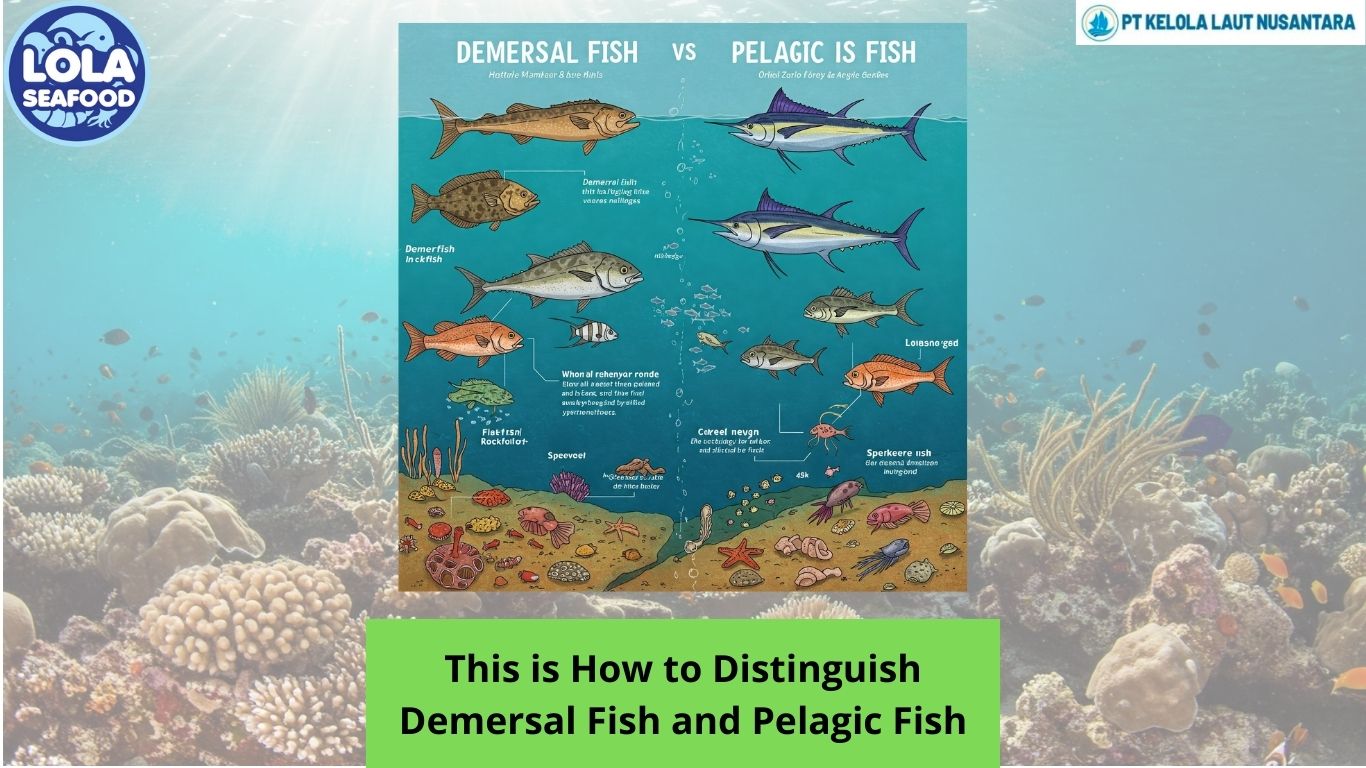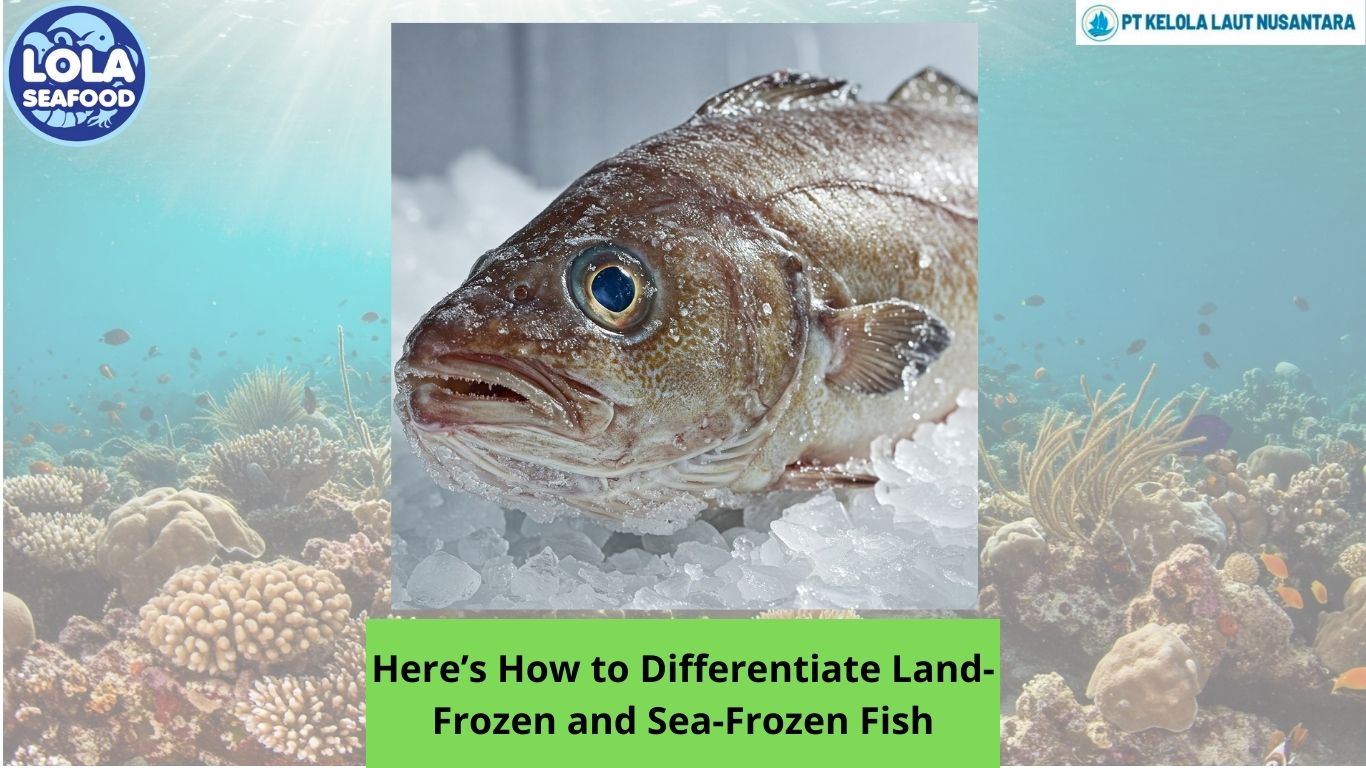5 Content Of Octopus
By. Najih - 04 Dec 2024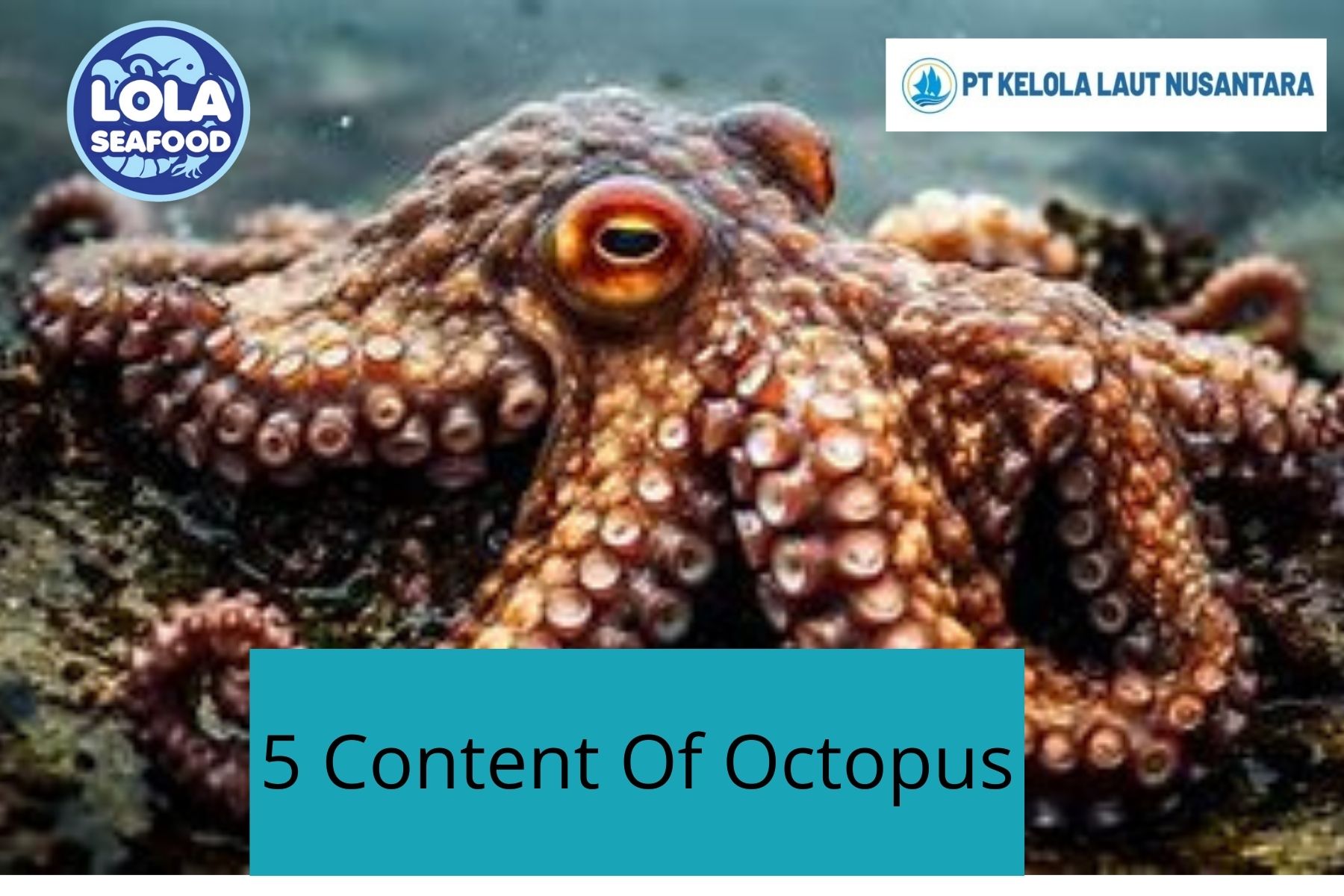
kelolalaut.com Octopus is a nutrient-dense seafood option, rich in protein, vitamins, and minerals. A typical serving contains about 139-163 calories, with around 25-30 grams of protein, 2 grams of fat, and 4 grams of carbohydrates. It's particularly high in vitamin B12 , selenium, and omega-3 fatty acids, making it beneficial for various aspects of health.
1. Octopus Nutritional Profile
- Calories: Approximately 139-163 per 100 grams
- Protein: 25-30 grams
- Fat: 2 grams (with a healthy balance of unsaturated fats)
- Carbohydrates: 4 grams
- Cholesterol: About 82-95 milligrams
2. Octopus Vitamins and Minerals
- Vitamin B12: Extremely high, providing over 900% of the daily value per serving
- Selenium: Excellent source, contributing significantly to antioxidant defences
- Iron: Provides about 34% of the daily value per serving
- Copper: Important for various bodily functions, also found in high amounts
- Magnesium and Potassium: Essential for heart health and muscle function
3. Octopus Health Benefits
- Heart Health: Rich in omega-3 fatty acids (EPA and DHA), which can lower blood pressure and reduce the risk of heart disease.
- Cognitive Function: Nutrients like magnesium and vitamin B12 support brain health and may reduce the risk of cognitive decline.
- Antioxidant Properties: Contains antioxidants that may help protect against cancer and other diseases.
- Weight Management: Low in calories and fat, making it a great protein source for those managing their weight.
4. Octopus Culinary Uses
- Preparation Methods: Can be grilled, boiled, or used in stews. Proper cooking techniques can enhance flavour and texture.
- Cultural Significance: A delicacy in many cultures, particularly in Mediterranean and Asian cuisines.
5. Octopus Considerations
- Sodium Content: Octopus can be high in sodium, especially if prepared with added salt or in processed forms.
- Allergies: Individuals with shellfish allergies should avoid octopus.
- Heavy Metals: Like many seafood, octopus may contain trace amounts of heavy metals, so moderation is advised, especially for vulnerable populations like pregnant women.
Incorporating octopus into a balanced diet can provide numerous health benefits while also offering a unique culinary experience. octopus is a versatile and nutritious seafood option that can be enjoyed in various culinary applications. Its health benefits, when consumed in moderation and sourced sustainably, make it a valuable addition to a balanced diet.

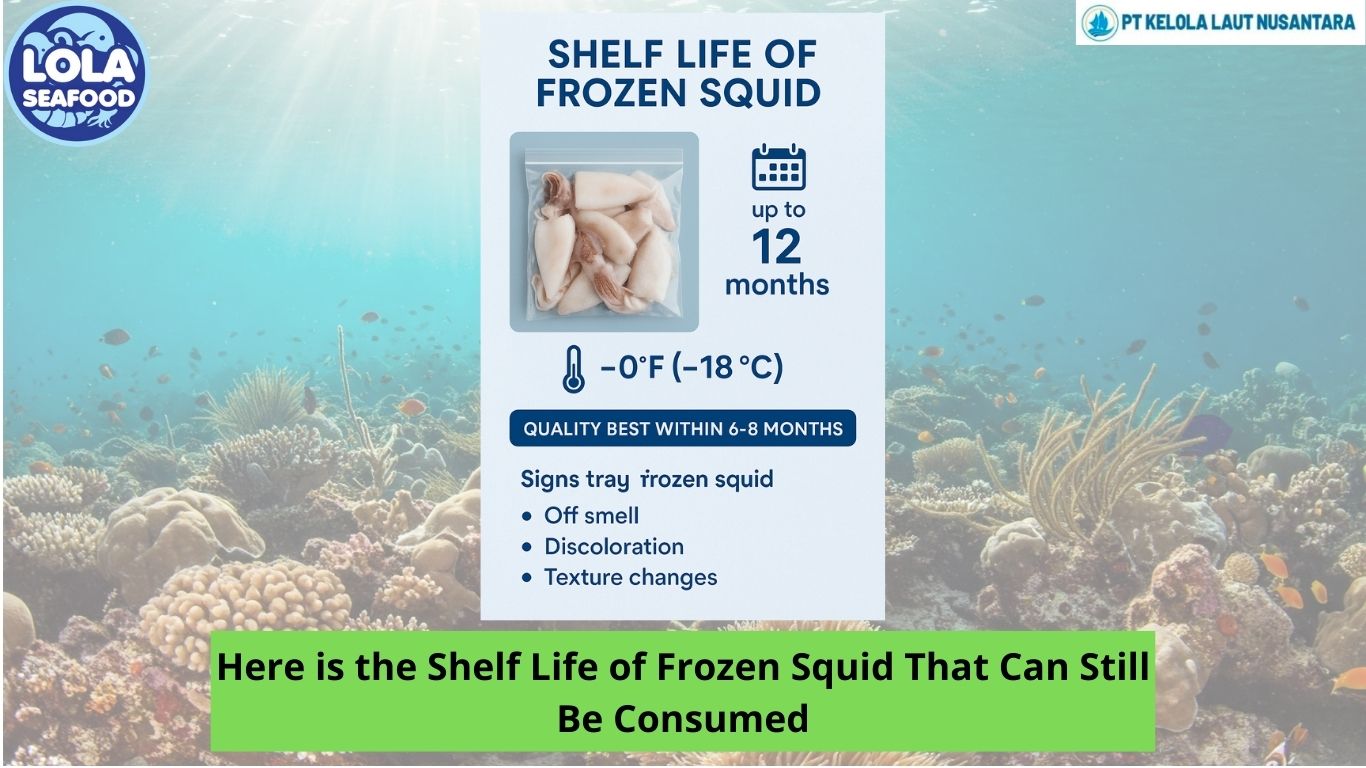
.jpg)
.jpg)
.jpg)
